
Houthis launch third strike against Israel, threaten more attacks
Today’s attack is the third by the Houthis that has targeted Israel, and the terror group has threatened more as Israel prepares its ground offensive into Gaza.

Today’s attack is the third by the Houthis that has targeted Israel, and the terror group has threatened more as Israel prepares its ground offensive into Gaza.
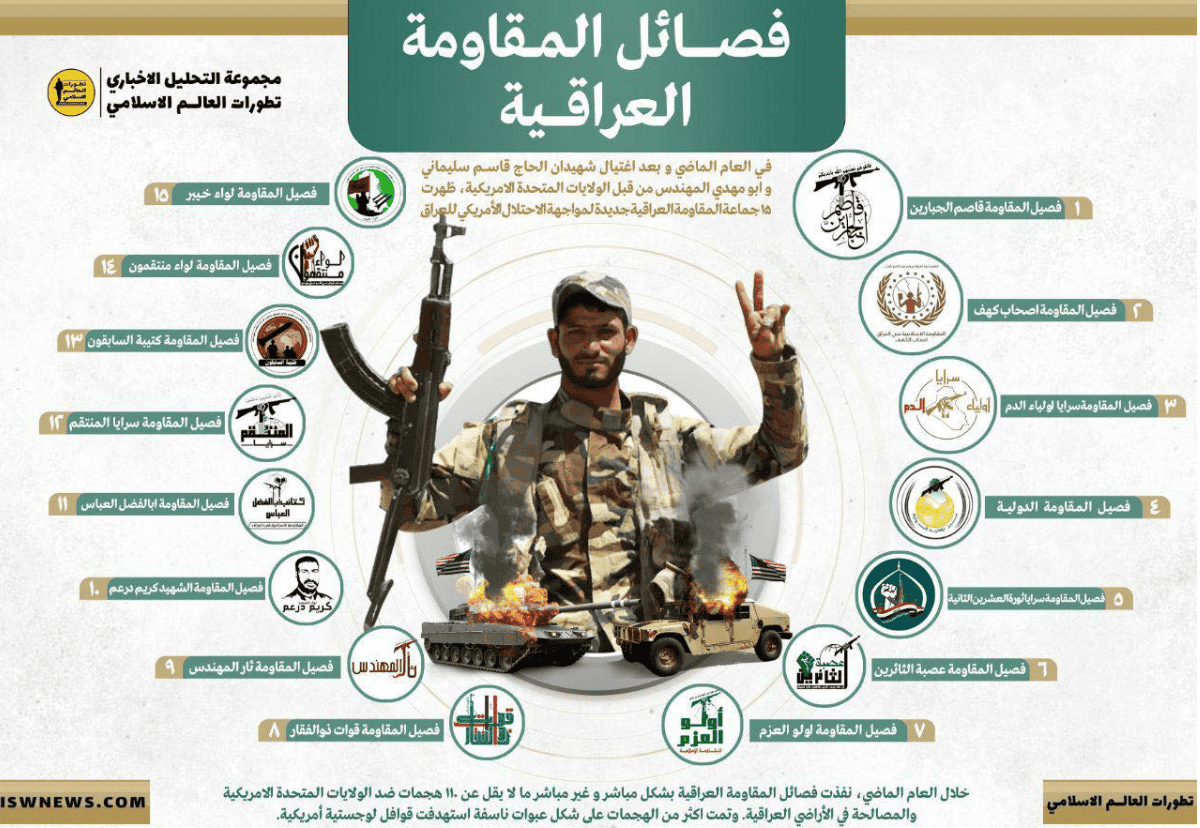
Iran’s militias in Iraq and Syria have launched at least 24 strikes, primarily with drones, rockets, and mortars on U.S. military bases since Oct. 17. Five of the attacks took place after the U.S. military struck IRGC weapons depots in Syria in a failed effort to reestablish deterrence.
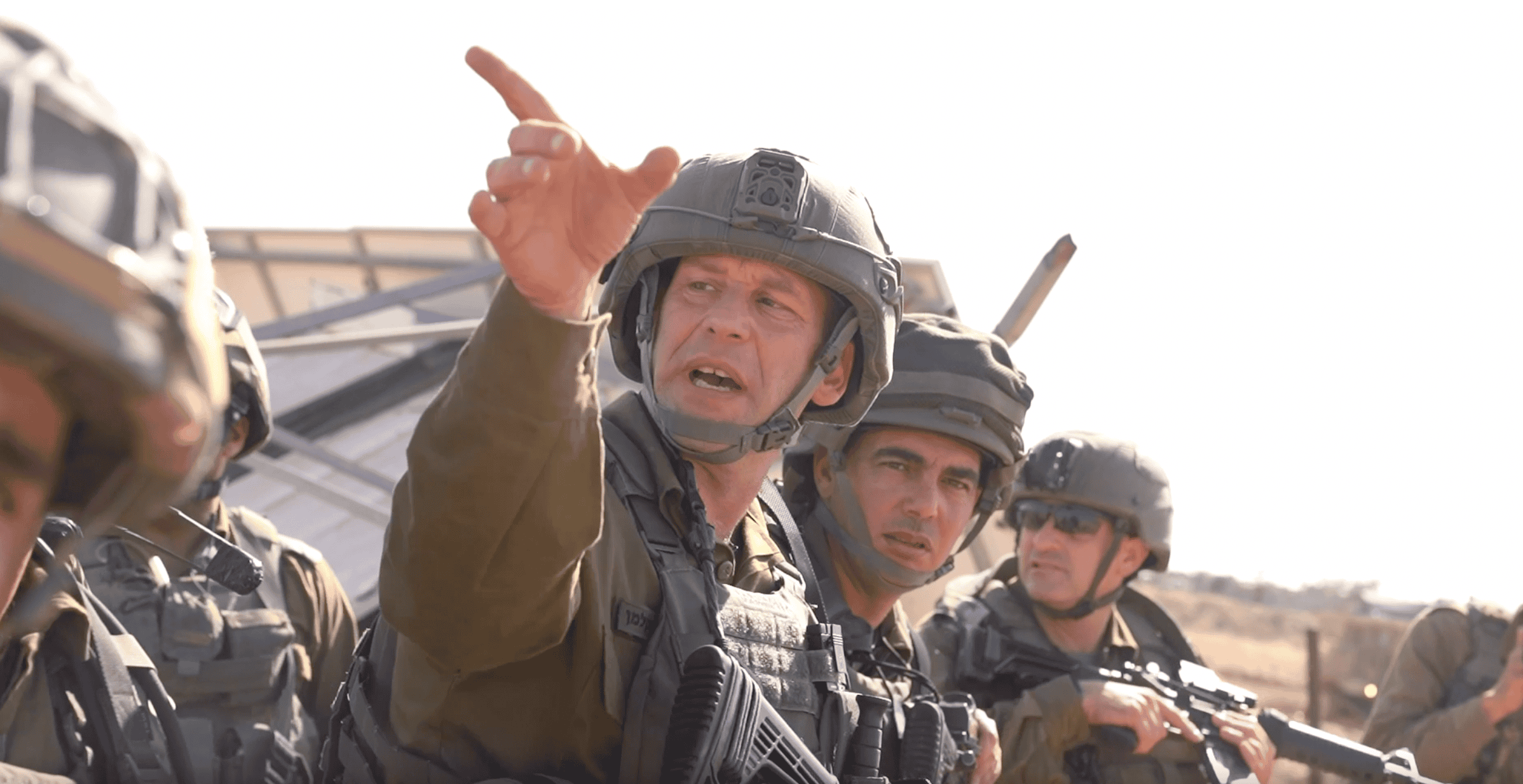
Israeli forces pushed into Gaza over the weekend and have expanded operations on Monday, October 30. Close cooperation between ground forces and the air force has enabled 150 strikes on Hamas targets in the last several days. One Israeli hostage was freed by operations in Gaza while tensions continue between Hezbollah and Israel in the north.
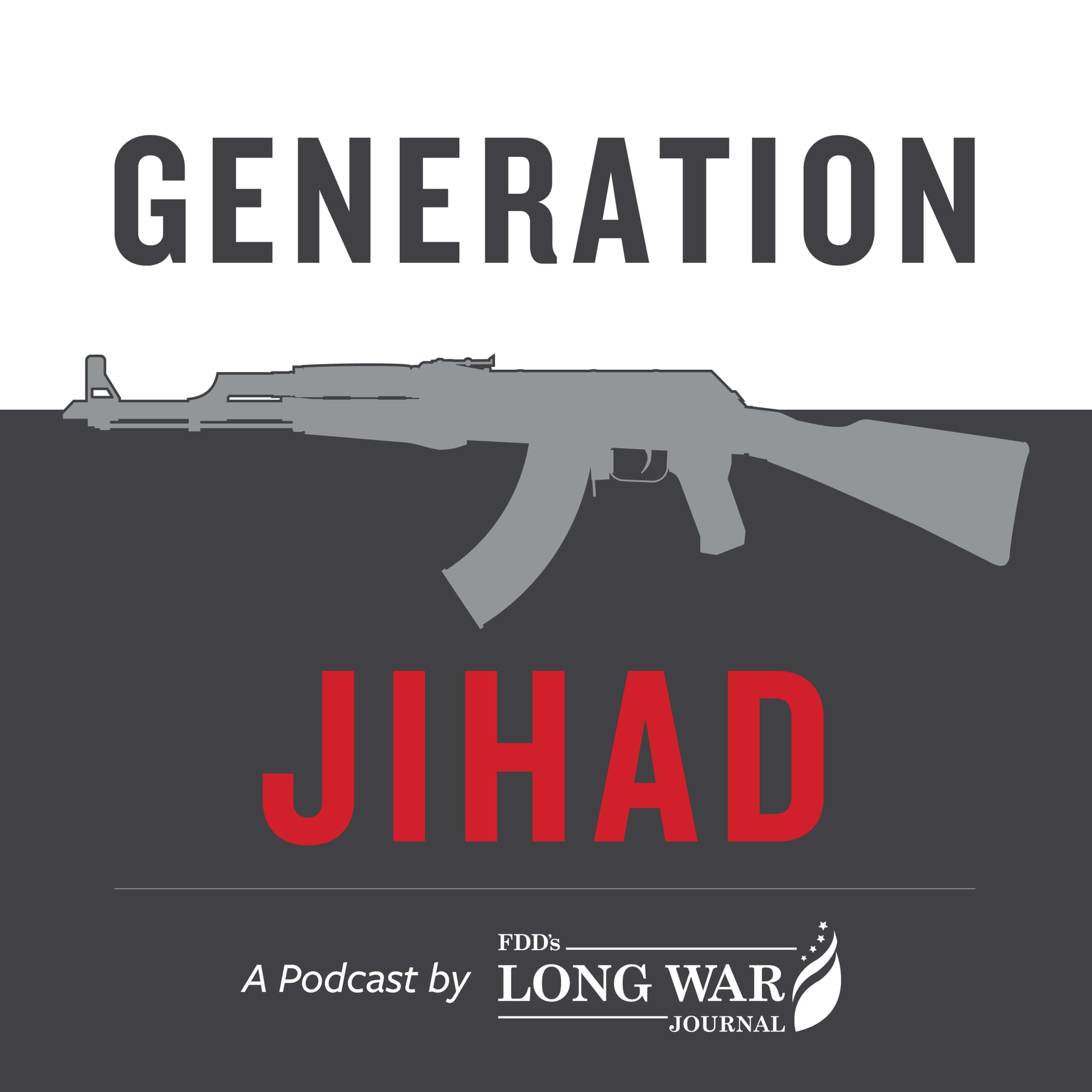
The war goes on; rockets are still raining down on central Israel (including Jerusalem) while Israel continues targeting Hamas leaders in Gaza. But…
Breaking today and over the weekend:
Israeli boots are now on the ground inside Gaza. There was also some IDF activity in Jenin inside the West Bank.
Iran’s President Raisi gaslit said on X that, “the Zionist regime’s crimes have crossed the red lines which may force everyone to take action.”
While Lebanese Hezbollah is still keeping things at a simmer just below the threshold of all-out war, other Iran-backed militias in Iraq and Syria are very much in the game. Some are even firing at U.S. forces in the region.
Bill and Joe are joined again by FDD’s Behnam Ben Taleblu to unpack these and related headlines.
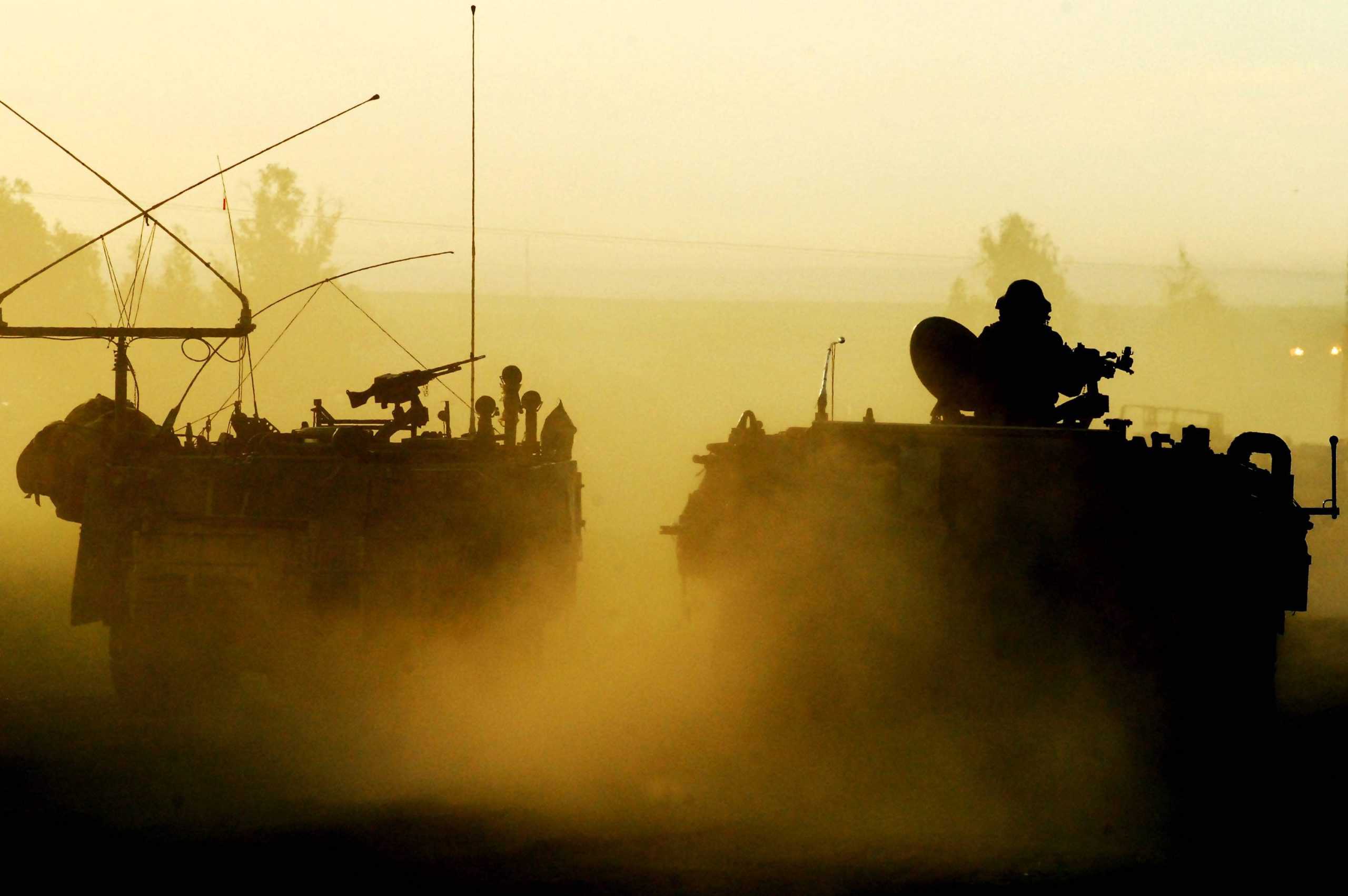
The IDF is launching targeted raids, backed by air and artillery support, into the Gaza strip. These raids appear to be part of a new pattern of operations.
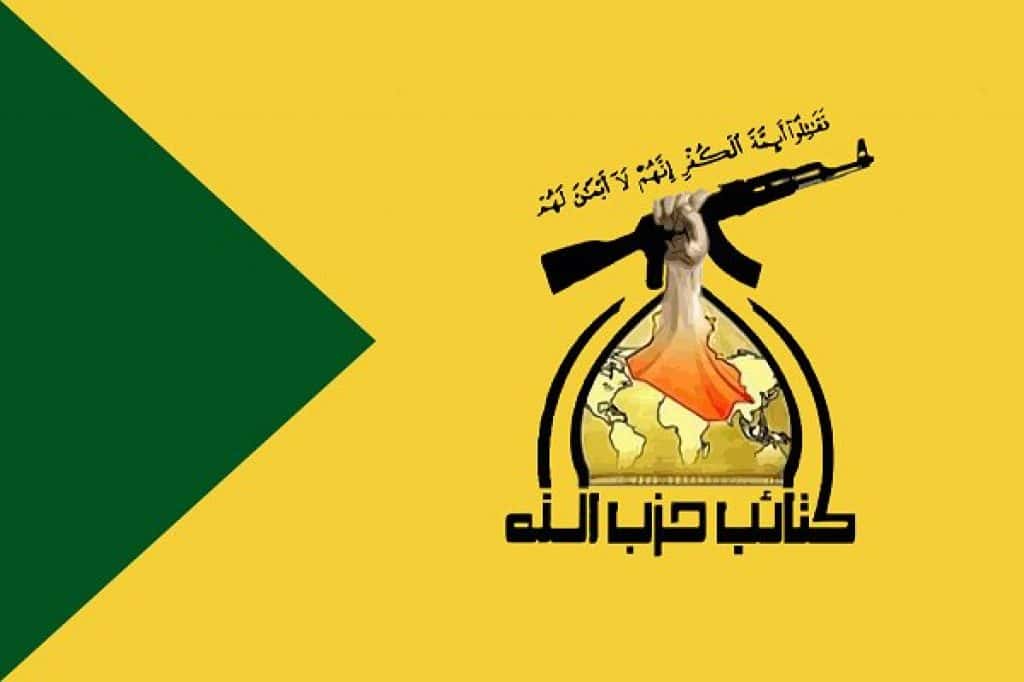
“Hezbollah Brigades has the capacity to fight against its enemies and confront them by relying on the internal resources of the resistance,” a key Hezbollah Brigades official said. “We are ready for a war of attrition that may last for years, firmly believing in victory.”
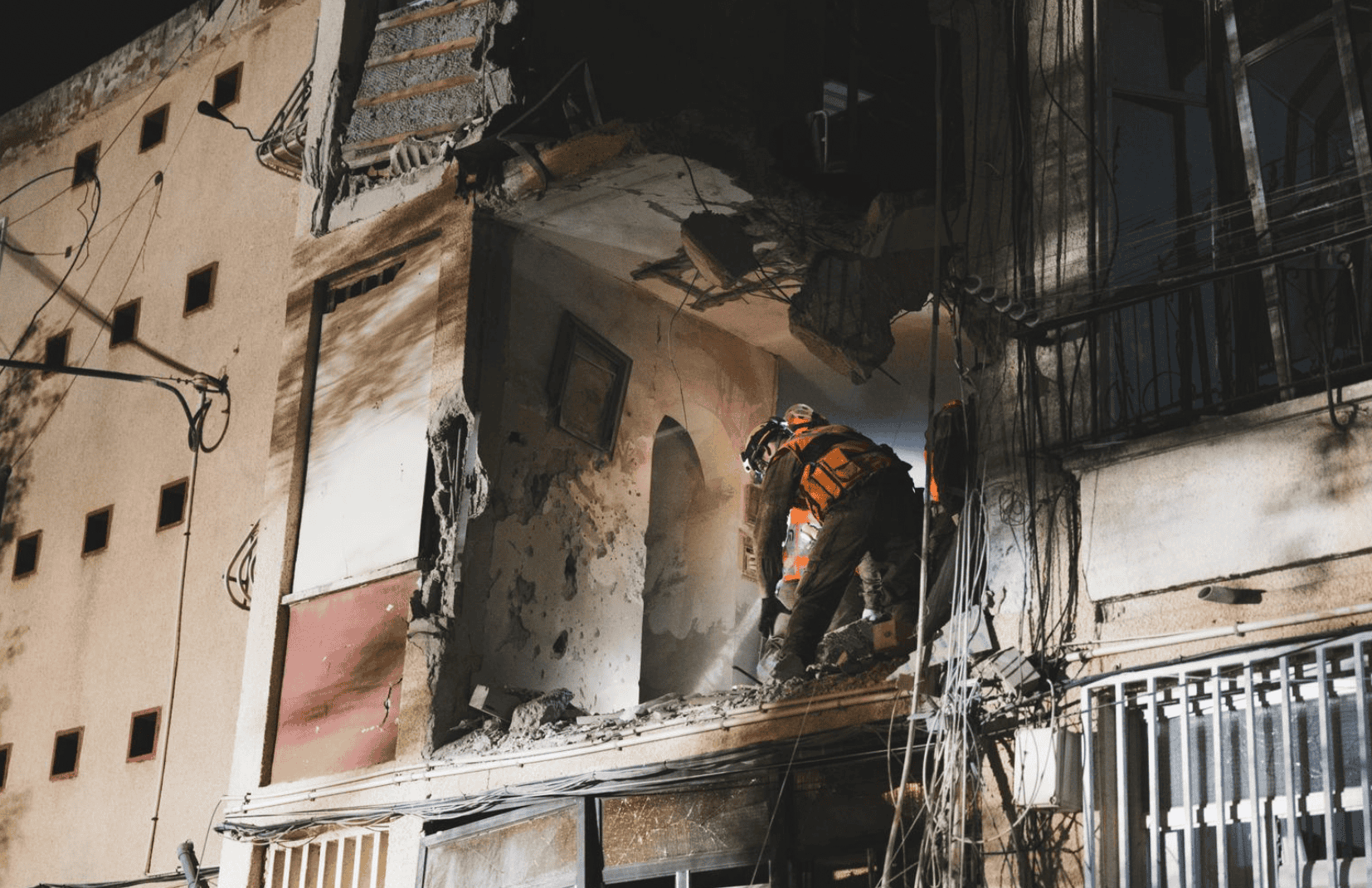
The Givati brigade, which has been conducting specialized urban warfare training over the last week, led the assault. The operation is designed to prepare the ground for the next phase of combat.
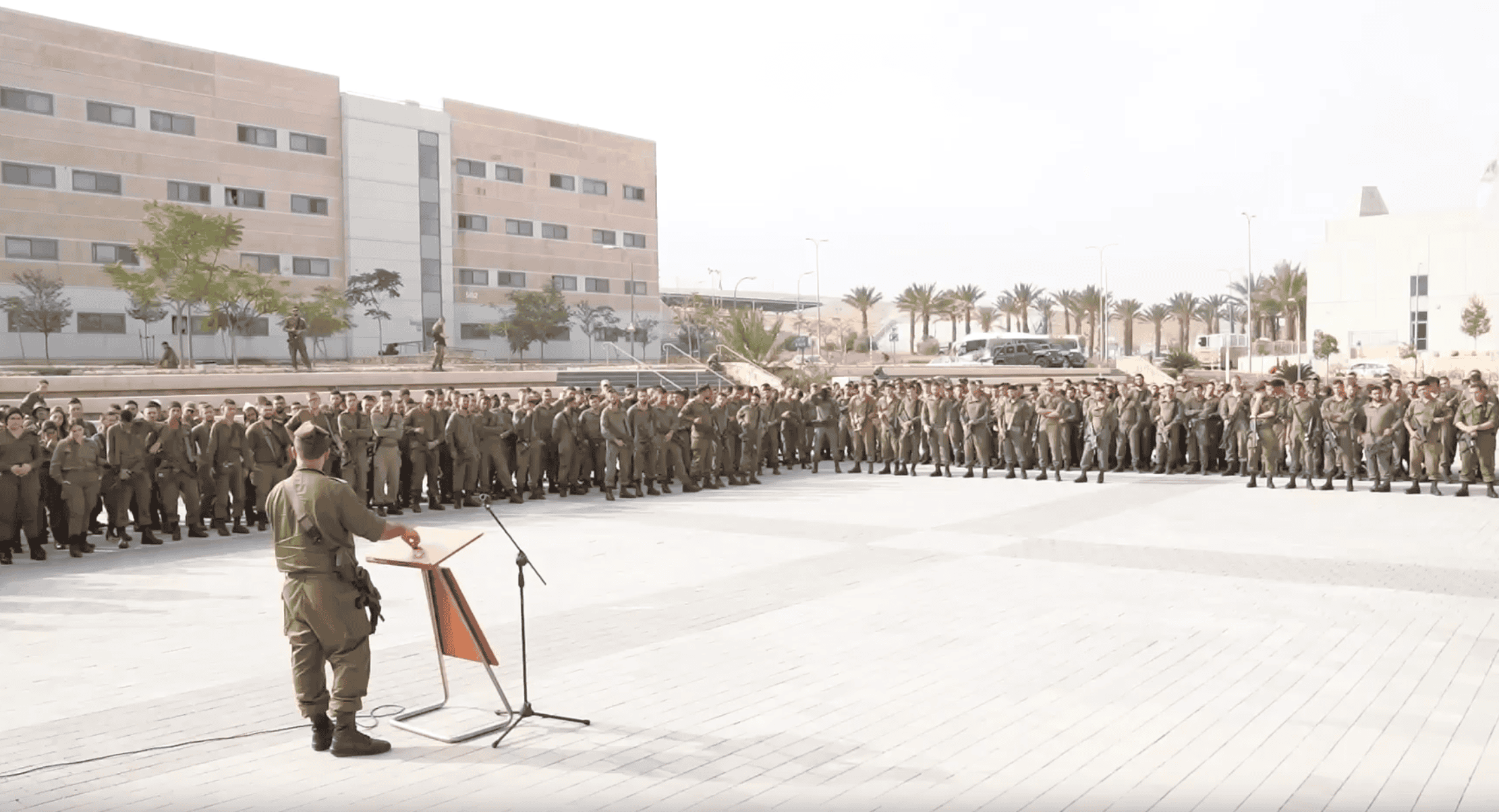
Hamas targeted Israel with rockets, including long-range attacks on cities more than 100 miles from Gaza, as the war between Israel and Hamas continues. The Israel Defense Forces also highlights Iran’s support of Hamas and its involvement in providing training and support for the terrorist group.
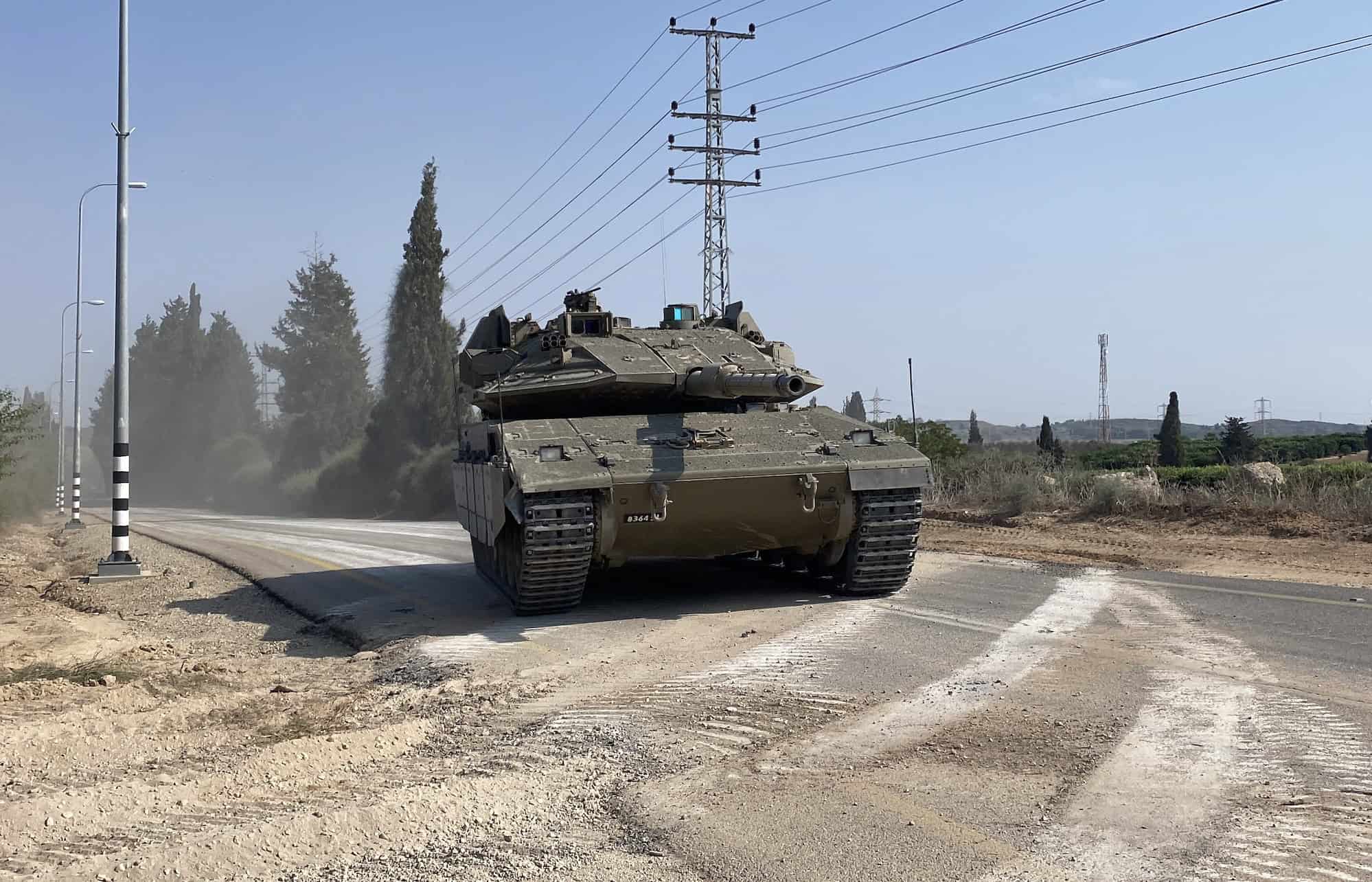
Israel continued to carry out airstrikes on Hamas and on threats from Lebanon as the Israel Defense Forces prepare for a ground incursion into Gaza. Hamas rocket fire continues over Israel as the conflict stretches into its eighteenth day.
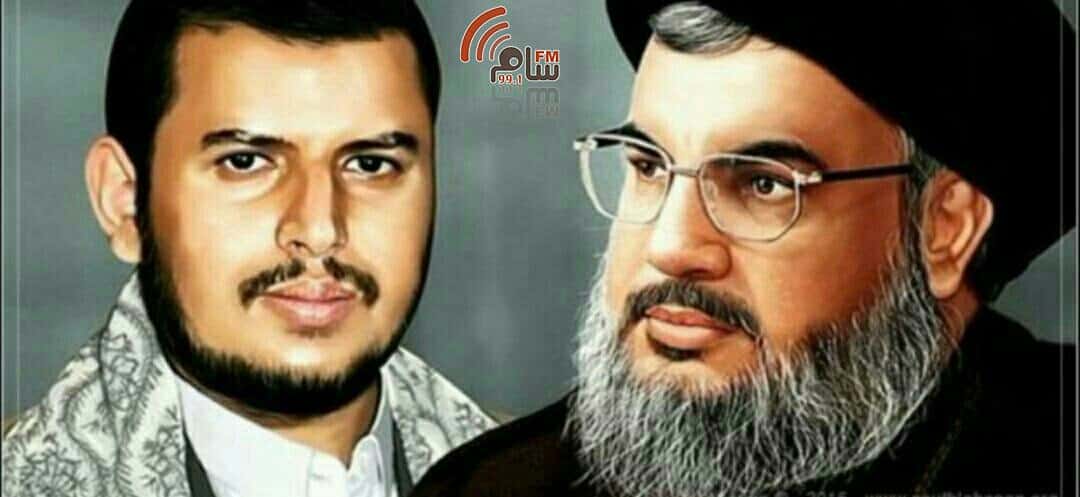
The USS Carney intercepted three missiles fired from Yemen as it was patrolling the Red Sea. The missiles appear to have been fired at Israel.
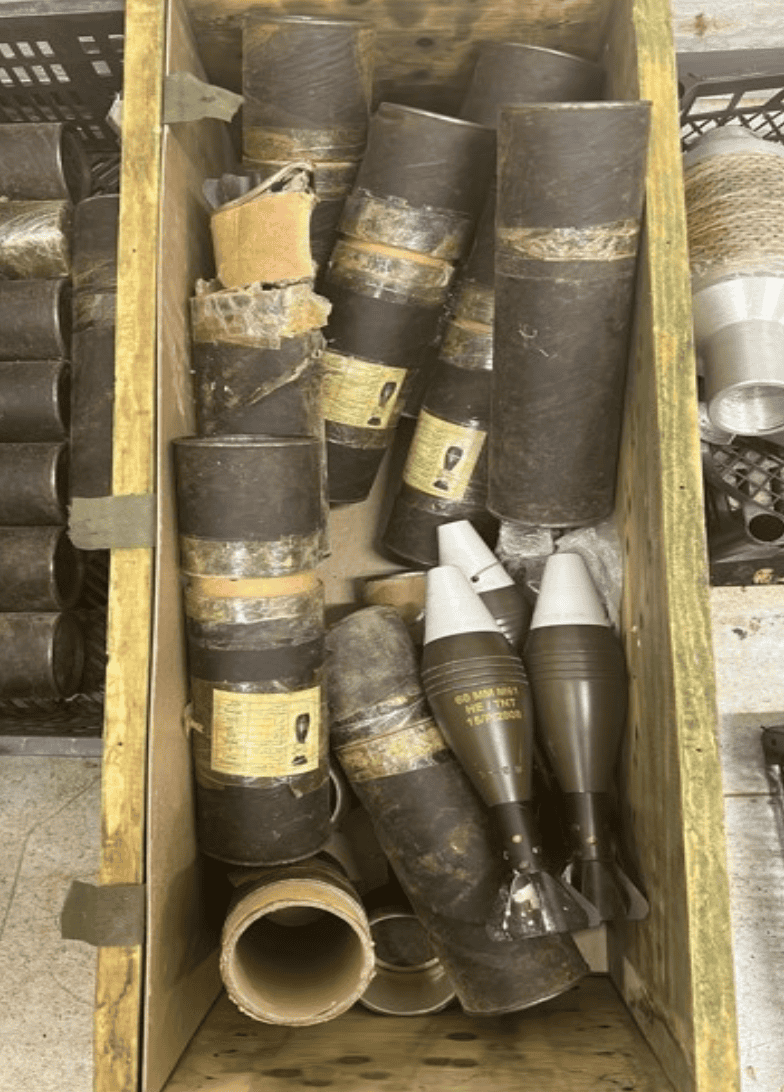
Hamas used Iranian-produced AZ111-A2 60mm mortar fuses and M112 demolition charges in the October 7 terror attack on Israel.

The attacks took place as Hezbollah Brigades, a dangerous Iranian proxy, threatened U.S. forces in Iraq with “the fire of Hell” if American did not withdraw its troops from Iraq.

Bill and Joe give an update on the latest from Israel as of later morning/early afternoon (ET) on October 15, 2023.
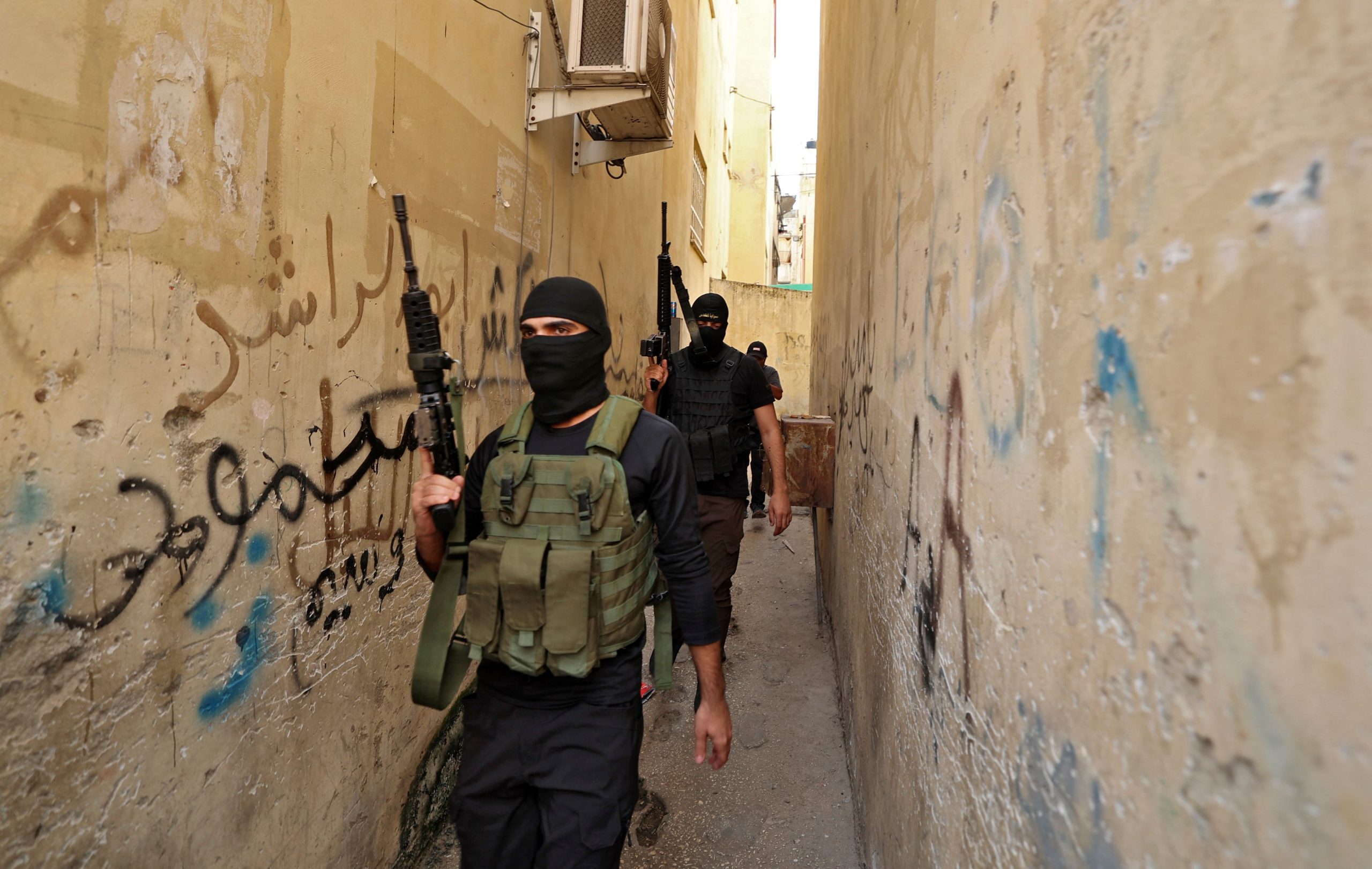
Despite the largest Israeli military operation in the West Bank since the Second Intifada, the state of the West Bank remains in question.
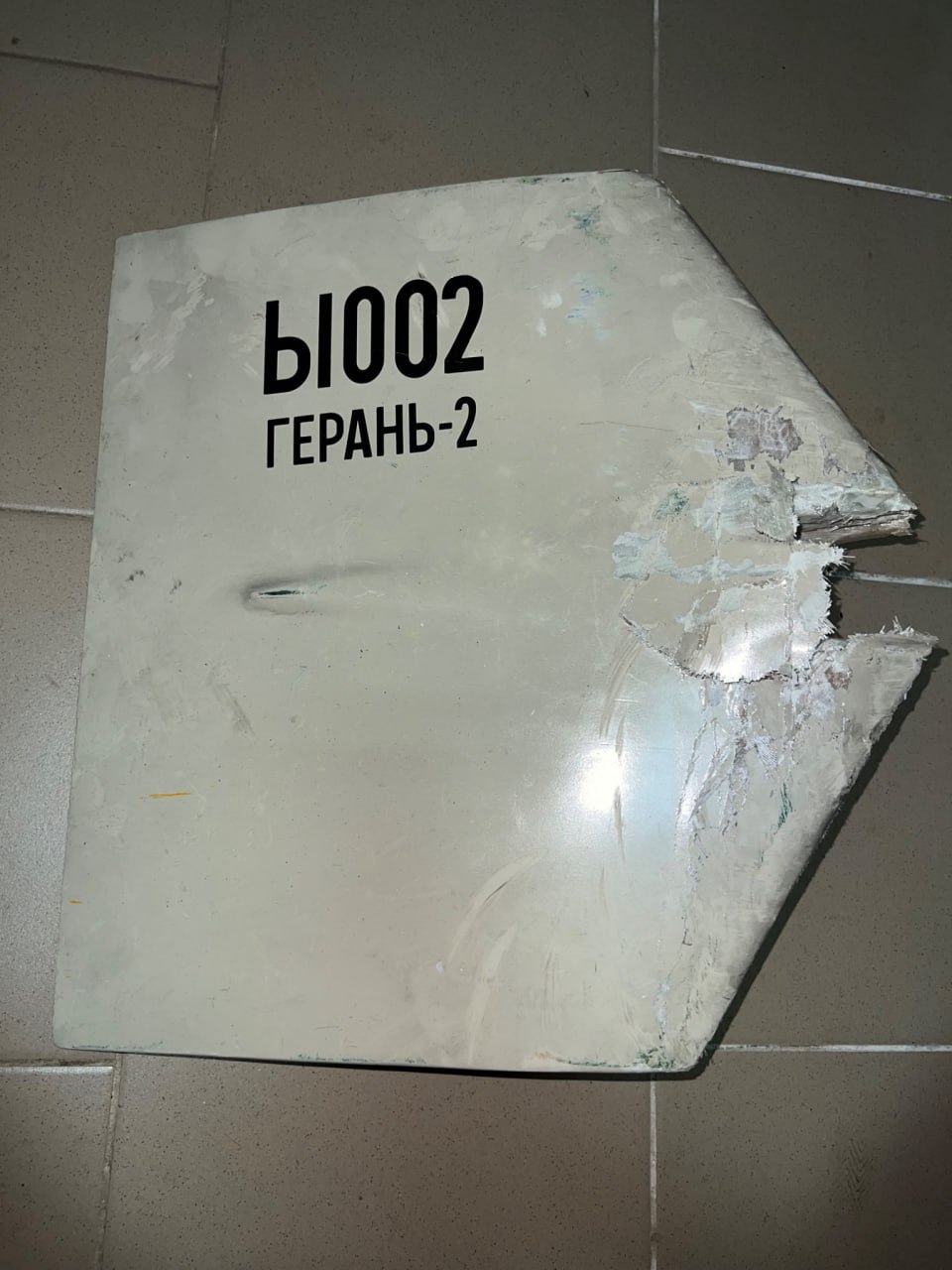
New evidence suggests Moscow is getting closer to producing Iranian-designed suicide drones in Russia.
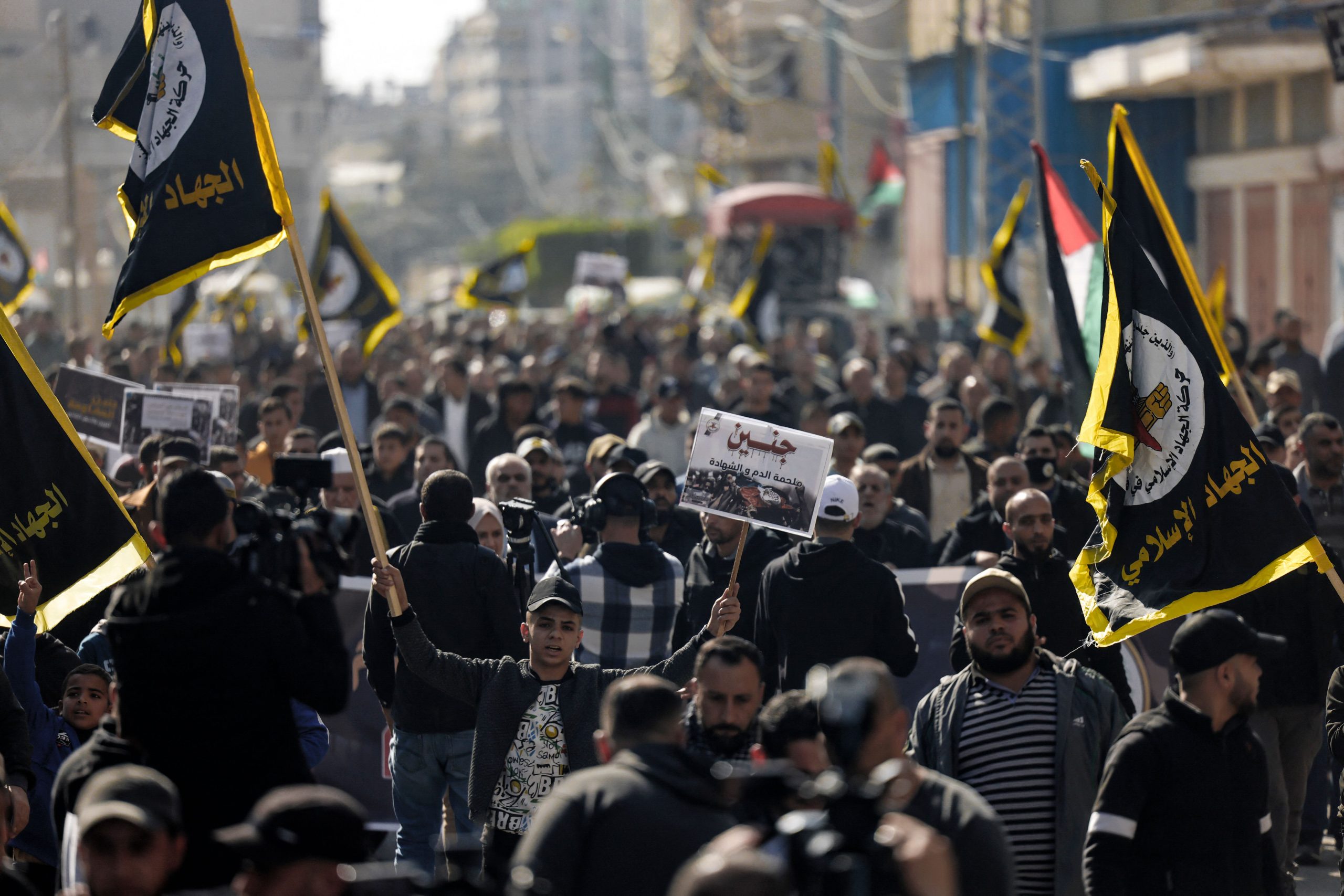
A surge in West Bank violence is more than two years old and there are no signs that it will cease anytime soon.
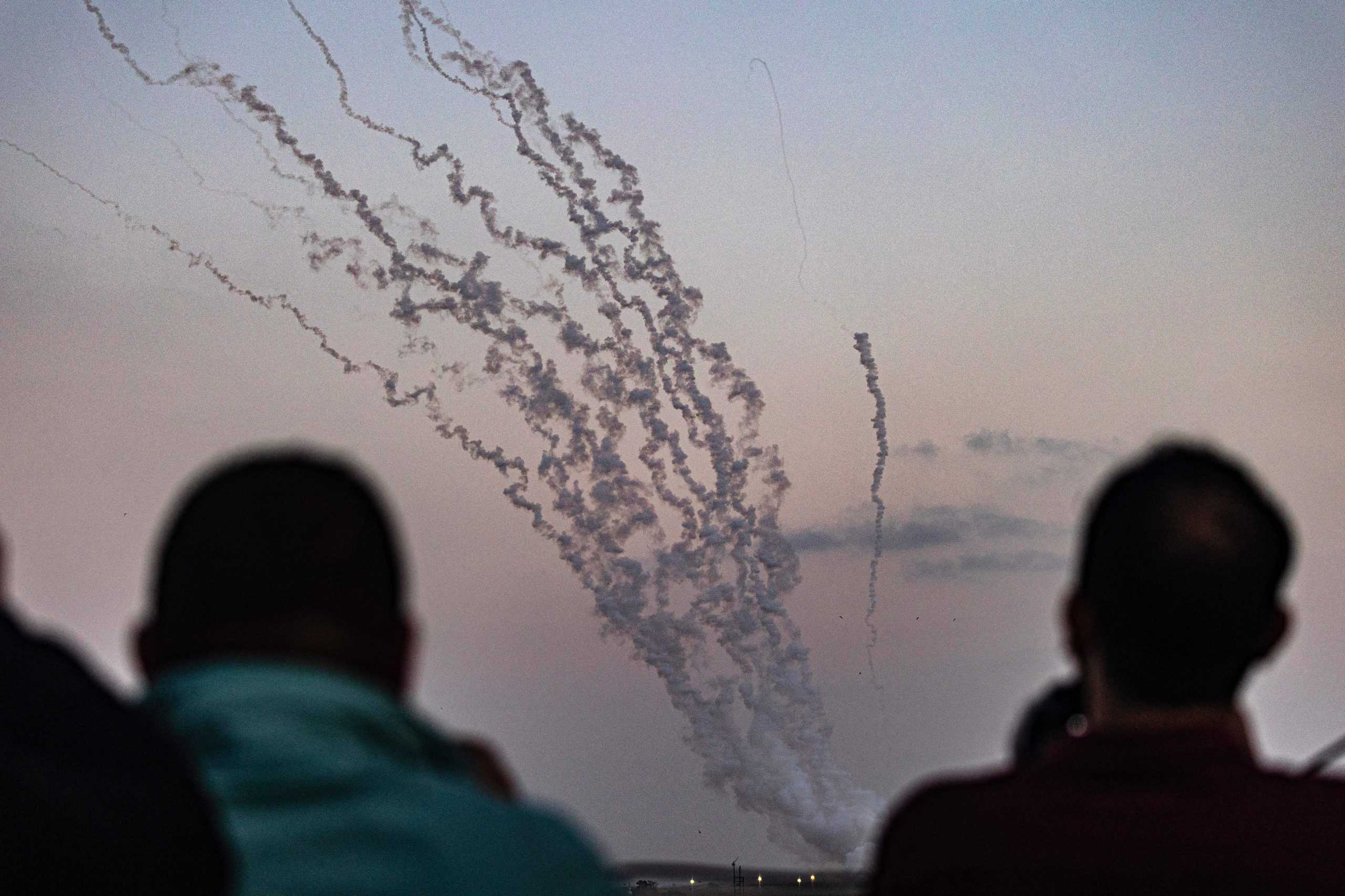
Israel eliminates members of Islamic Jihad’s leadership in an effort to restore deterrence lost since the last year’s operation in Gaza.
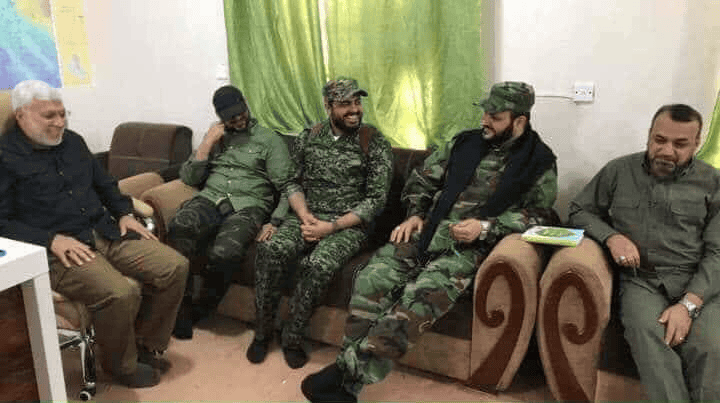
Senior U.S. State Department officials spoke at the same conference as Qais al Khazali, a known Shia terrorist who is responsible for arming, training and forming the deadly Iranian-backed militias that are known to have killed hundreds of U.S. troops in Iraq.
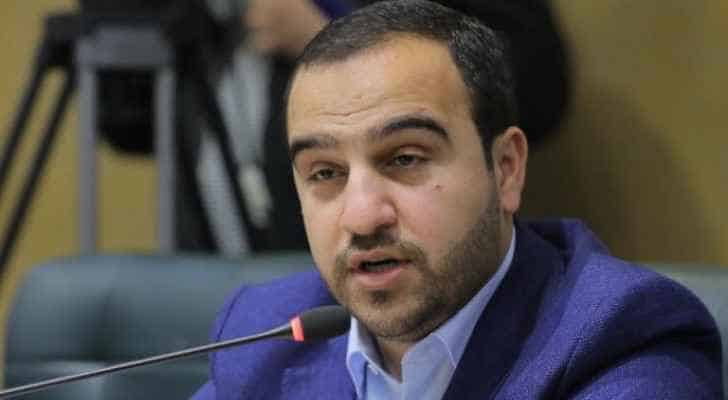
Israeli authorities arrested Jordanian MP Imad al-Adwan on suspicion of smuggling weapons and gold into the West Bank.

In a coordinated effort, Iran has supported, funded and encouraged its network of armed groups on Israel’s borders to launch attacks.

Iran-backed groups launch rocket and drone strikes against U.S. bases in eastern Syria.
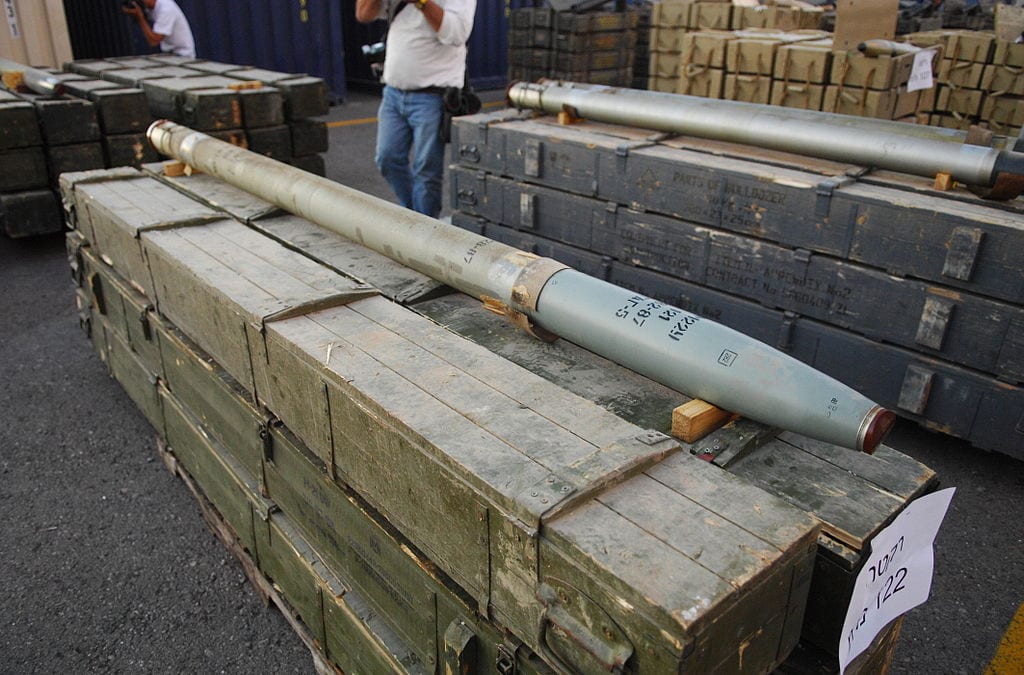
Moscow is allegedly looking to Iran to help redress its artillery ammo shortage. But while Iranian supplies can help, they likely can’t sustain Russia’s current rate of fire.
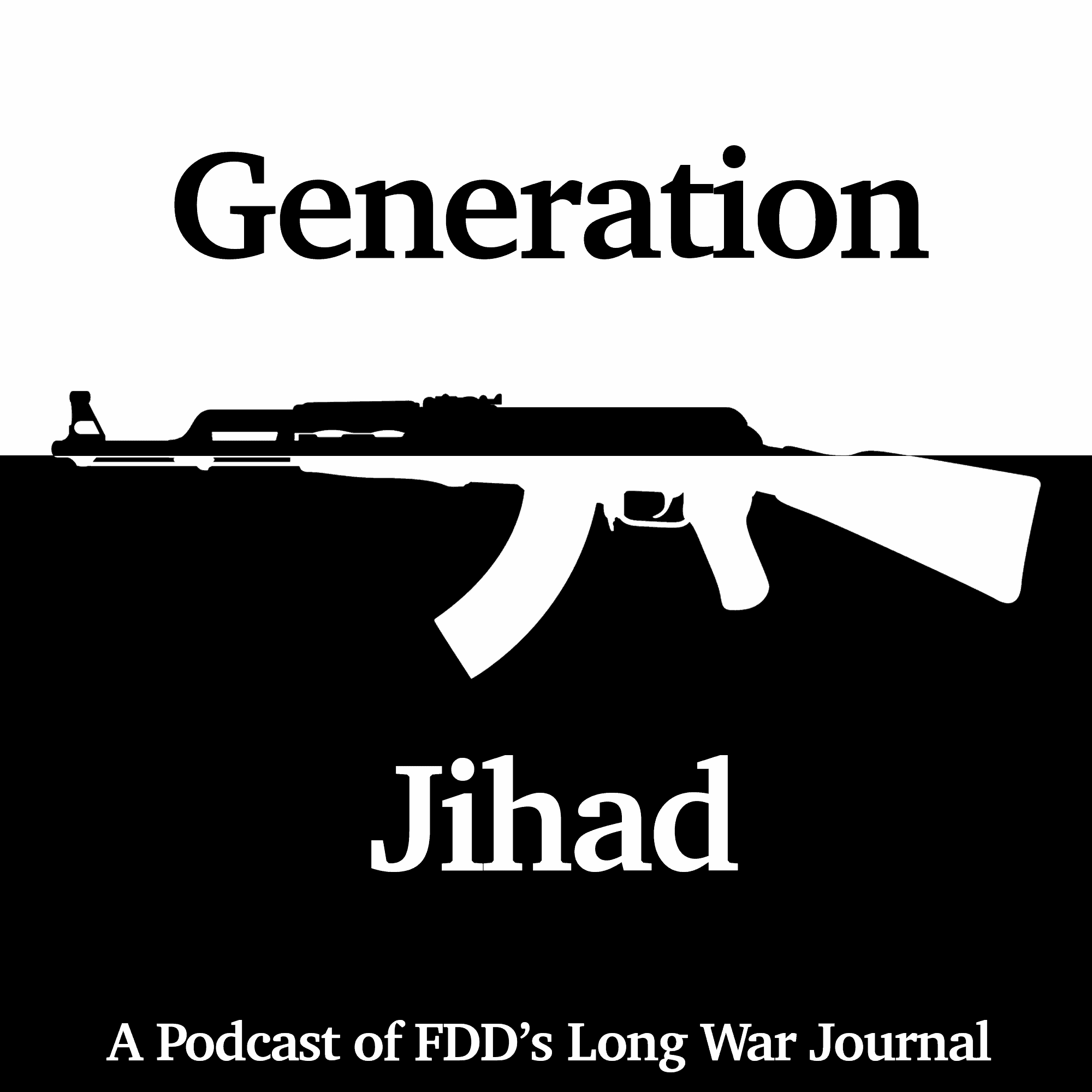
Host Bill Roggio is joined by FDD Senior Fellow Behnam Ben Taleblu to disuss Behnam’s major new FDD Monograph — Arsenal: Assessing the Islamic Republic of Iran’s Ballistic Missile Program — including through the lens of Iran’s shadow war against Israel, AKA “the war between wars.”
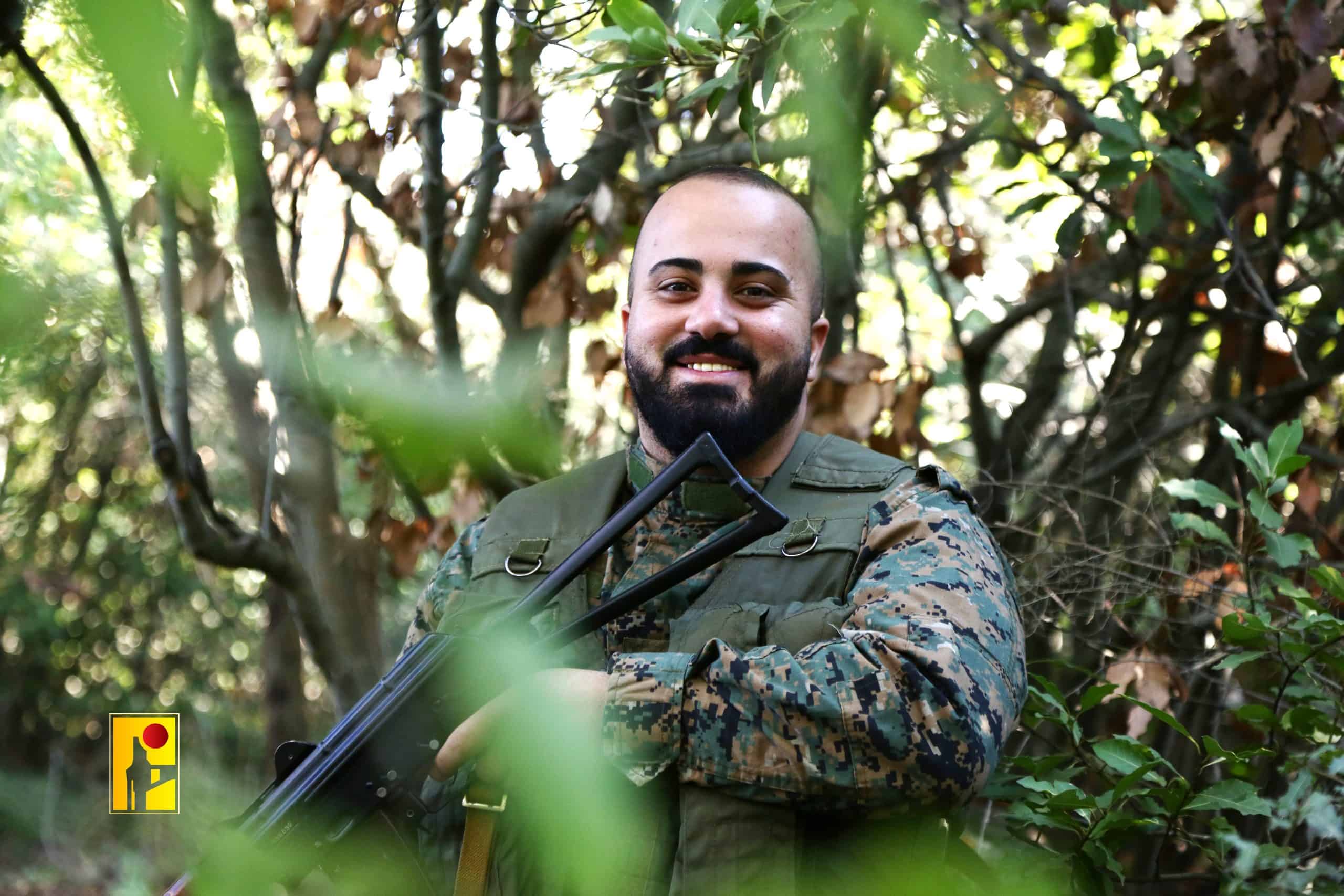
Hezbollah announced that a fighter belonging to the group died while performing his jihadi duty.

Host Bill Roggio and (now official) co-host Caleb Weiss are joined by former coordinator of the UN Security Council Analytical Support and Sanctions Monitoring team Edmund Fitton-Brown to discuss findings in the latest UN report on the Islamic State and al Qaeda.

One of the co-leaders of the deadly Kabul Attack Network bragged about his role in deadly attacks in the Afghan capital. The Taliban commander, known as Taj Mir Jawad, is the Taliban’s deputy minister of intelligence.
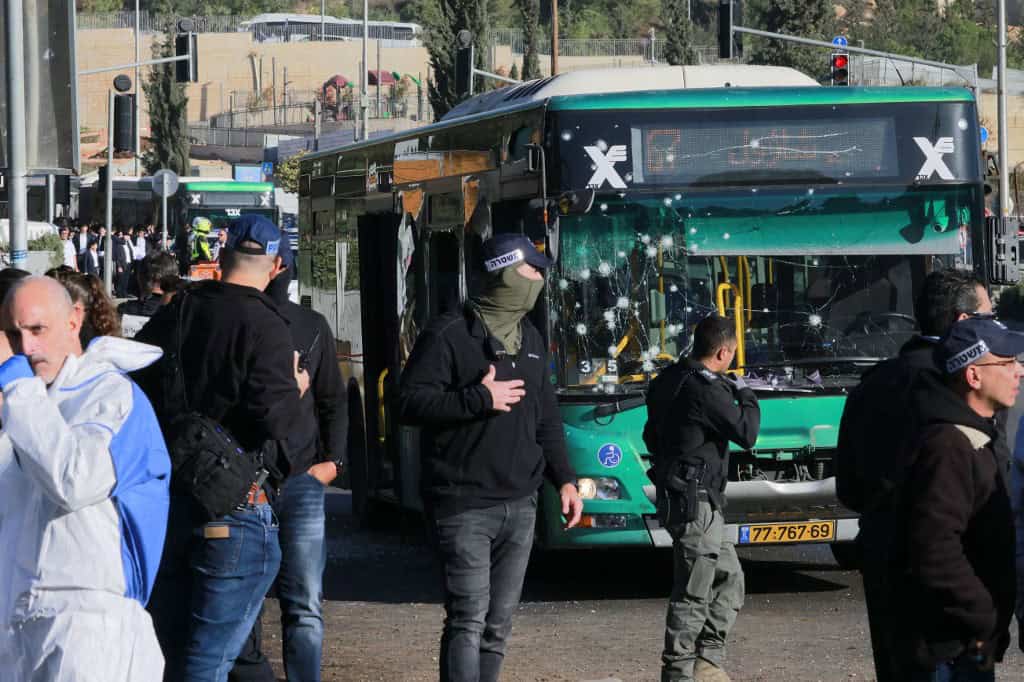
Two bombs exploded near bus stops in the Jerusalem area Wednesday morning. One Israeli-Canadian was killed and two dozen people were injured.

U.S. Central Command alleges that Iran is behind drone attack on commercial shipping vessel in the Gulf of Oman.
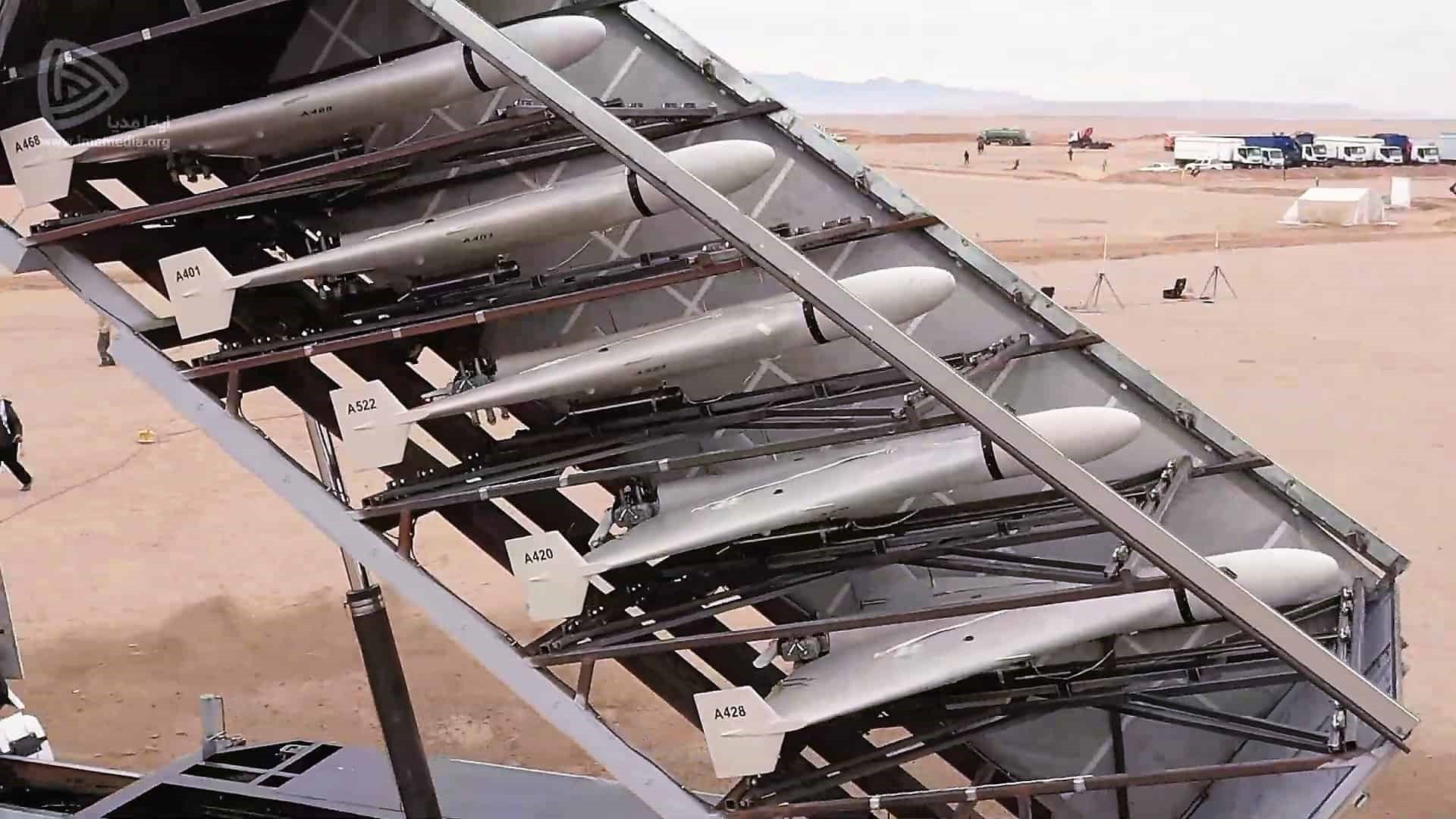
While it will not change the conflict’s overall direction, the Shahed-136 has bolstered Russia’s long-range precision strike capacity while providing some additional capability against front-line targets.
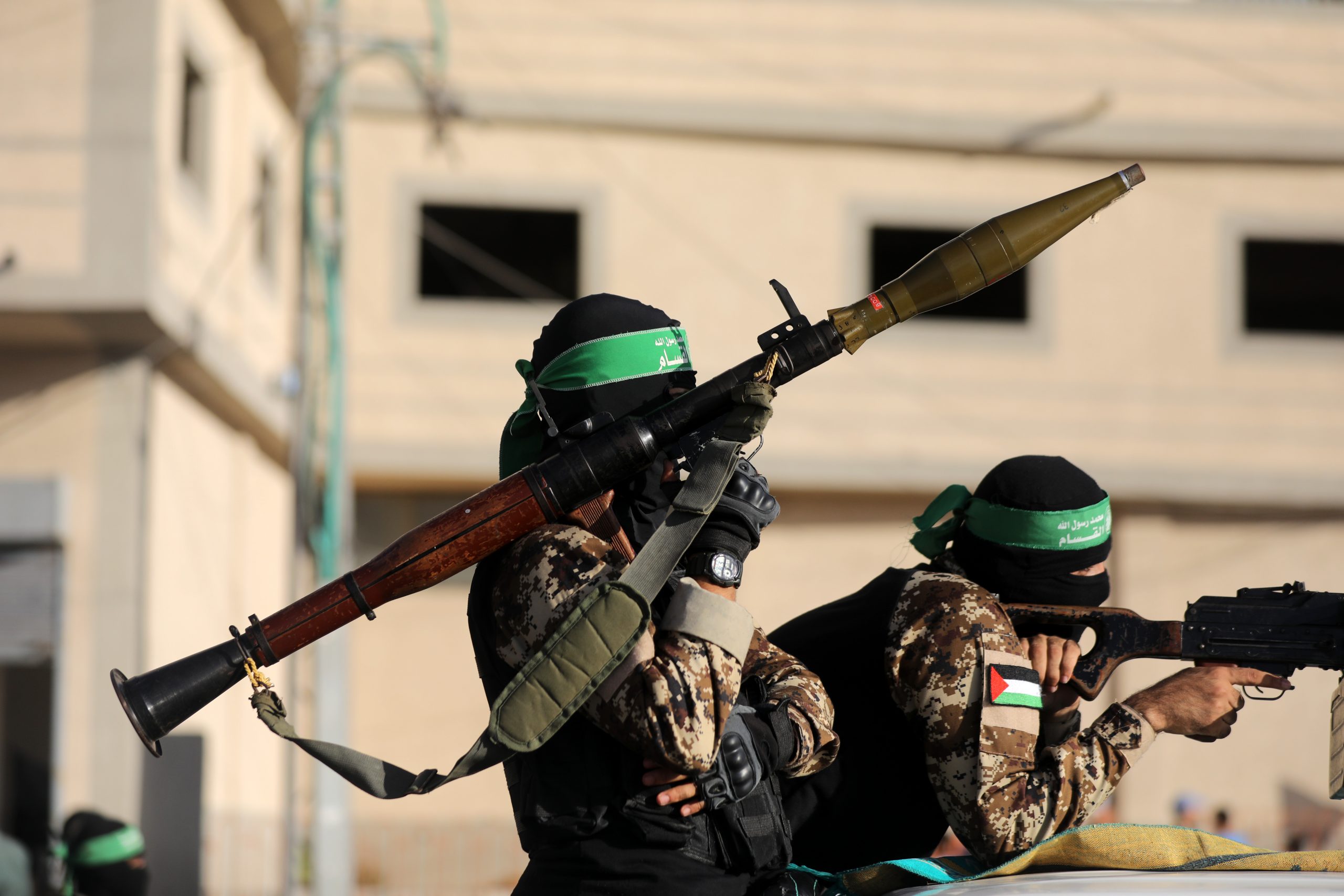
Evidence continues to grow that Hamas is directing attacks in the West Bank against both the IDF troops and Israeli citizens.